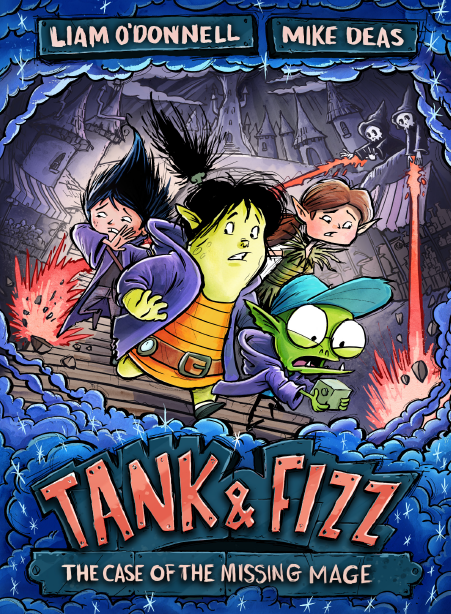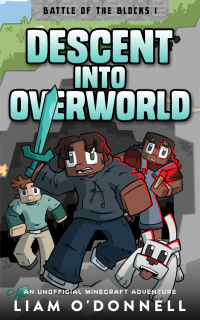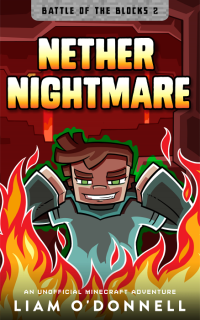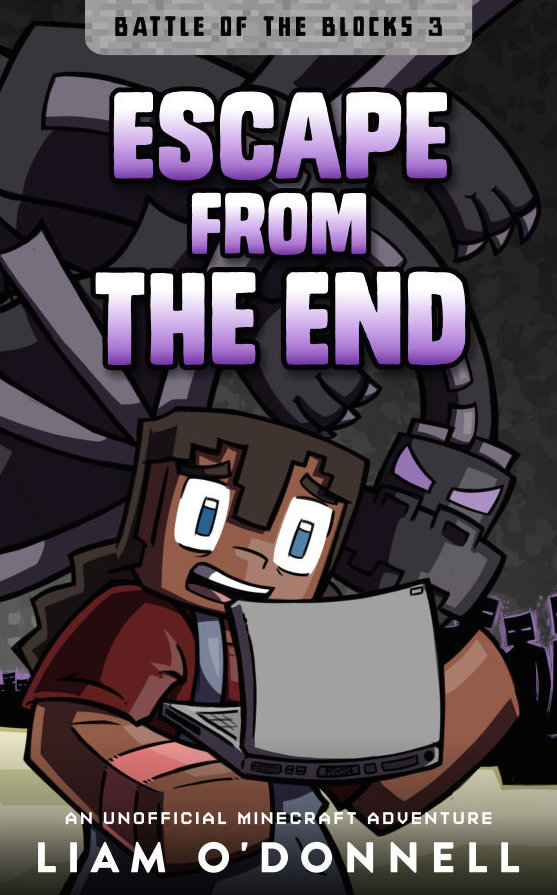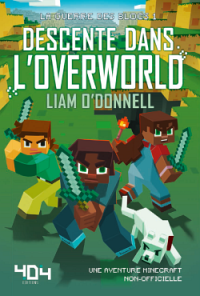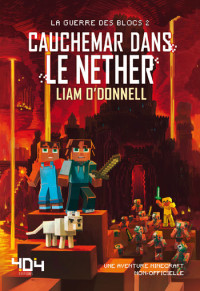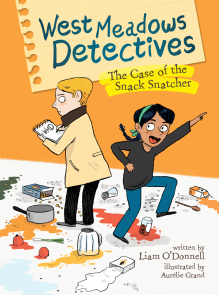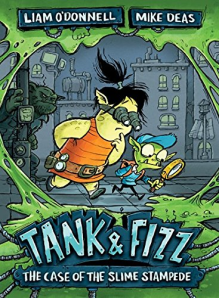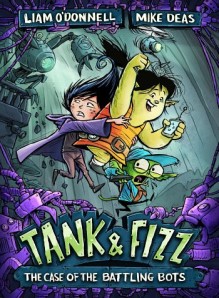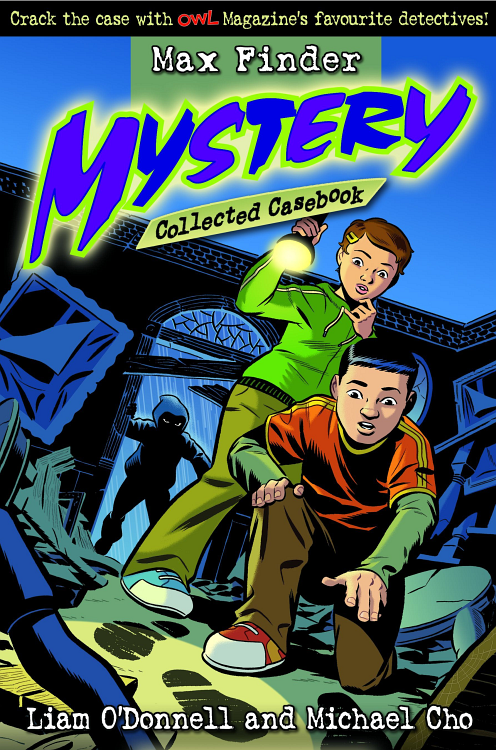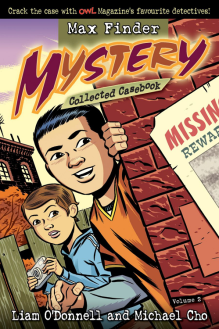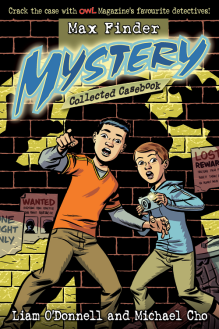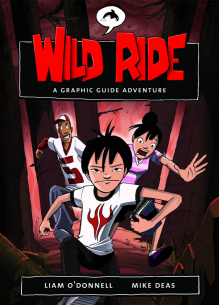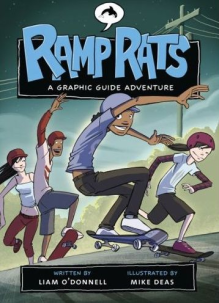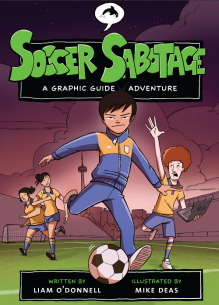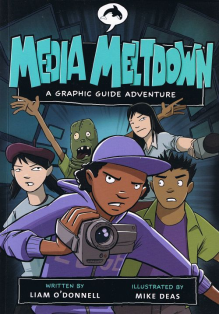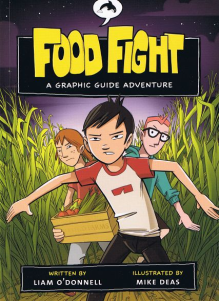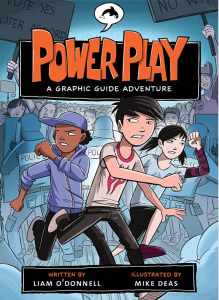10 rolls of packing tape, over 40 boxes of books, 3000 kms, 3 articles, 1 comic strip and far too many dollars later, I’m finally re-entering the blogosphere.
Thanks to everyone who dropped by and wished me well on my travels (and those who just dropped by.) I am now on the other side of the country, homeless, computerless, but thankfully not blogless.
Things move fast around here. My bloglines subscriptions were bursting, and I was eventually forced to click the “Mark as All Read”. So, only you know what I missed.
I knew I was out of the loop when I was getting my tech news from CNN. No doubt Clickable Culture had probably broadcast the tech-tidbit days before.
While I was toiling away in meatspace, I had many out-of-blogging thoughts but unfortunately (or fortunately for you) they have gone the way of the “all read” button. One I can remember is this:
Linkless writing can be frustrating.
For the last few weeks, I’ve been writing for several print publications and many times I was tempted to just drop in an tag when a particularly tricky concept or word came up. In every case, I was working with a very small word count and some very big ideas (augmented reality, digital literacy in kids and graphic novels in bookstores.) I cringed with every word spent explaining a term or giving more detail on a concept. I longed for clickable text. For me, writing for print had become a form of constrained writing.
On his blog, Writing for the Web, Crawford Killian gives a very accurate description of reading for paper versus the web:
“Reading text on paper is like traveling a road. We can see what?s growing along the roadside, but the impetus is to go straight ahead. Hypertext may not get us from point A to point B in the quickest possible time, but now we?re traveling in a helicopter instead of a car. We can see the road, but we also have a much better view of the surrounding landscape. And we can land anywhere we choose.”
Writing for paper feels the same way. Many times the ideas I wanted to express or define weren’t growing along the roadside. They had to be hauled across the landscape and posted on the edge of the road like a billboard advertising the next gas stop. That took words and when you’ve only got 800 to describe cognitive workings and literacy potential of Age of Mythology on the 10 year old brain, every word is precious.
Despite my longing for links, I’m not tired of writing for print (it keeps me fed and watered!) I think I’ve just been spoiled by hypertext. But aren’t we all?


